Family & Children Health › The Pregnancy › Carrying Twins!
The chances of a pregnant woman having twins or a multiple birth have never been higher. According to the
With these statistics in mind, it's important for women having twins or multiple births to know what to expect. "It's not your average pregnancy," explains Nancy Bowers, an Atlanta mother of two twins and president of Marvelous Multiples, an educational program and Web site for expectant parents of twins and other multiple births.
Carrying twins is a "high-risk" pregnancy, which means there's a higher likelihood of premature labor, high blood pressure, and c-section delivery. In addition, many expectant mothers need hospitalization before their due date. "Women need to understand what 'high risk' means," Bowers says. "This doesn't mean it's a doomed pregnancy, but it does mean this pregnancy is different." Working mothers should discuss the nature of their pregnancy with employers. Ask if you can work from home, reduce your traveling, and reduce your time standing on the job, she says.
In addition to educating your employers, expectant mothers may need to educate their partners. "Women do go through a significant change in their body," says Joe Capezio, a Chicago-based obstetrician/gynecologist who has delivered hundreds of sets of twins. "It's important for the man (or partner) to understand what women go through."
Bowers recommends the couple attend initial doctor appointments together. Both people need to hear that by 24 weeks the expectant mother may need two naps daily, that she may gain 40 to 50 pounds, and that she may need to stay off her feet or be hospitalized during the final weeks of her pregnancy. "They (partners) will have to assume many different roles (such as cook and nurse) that they may not be used to," she says.
Joining a twins club, expectant parent group, or prenatal education class could also provide important information and support. Following delivery, couples should enlist assistance, be it paid help, family, or friends, because for the first two to four weeks, according to Bowers, the mother has three priorities3/4feeding herself and her babies and sleeping. "She should do nothing else in the house," she adds. The couple, however, can share in celebrating. "It's pretty incredible," Capezio says of delivering twins. "It's such a miracle when the babies are born, much more so than a singleton."
Article Source:http://babyant.com
Article By: Beth Wilson
Get pregnant with Endometriosis
What is Diminishing Ovarian Reserve (DOR)?
Facts to know about effects of Smoking on Fertility, Infertility & IVF
Infertility, IVF and Stress
Weight of parents during conception hampers Childs fertility
Test Tube Baby Centre
Weird things that can mess up with your fertility
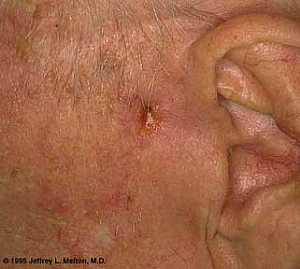 Basal Cell Carcinoma ("Rodent Ulcer" Type)
Basal Cell Carcinoma ("Rodent Ulcer" Type)
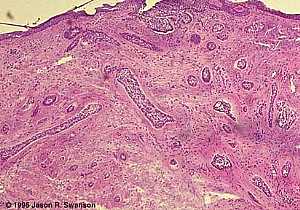 Basal Cell Carcinoma (Histology-Morpheaform Type)
Basal Cell Carcinoma (Histology-Morpheaform Type)
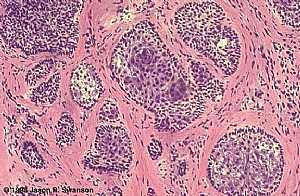 Basal Cell Carcinoma (Histology-Nodular Type - High power)
Basal Cell Carcinoma (Histology-Nodular Type - High power)
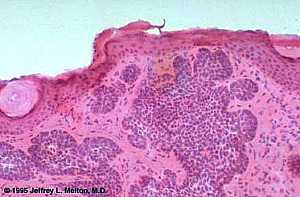 Basal Cell Carcinoma (Histology-Nodular Type- High power)
Basal Cell Carcinoma (Histology-Nodular Type- High power)
 Skin
Skin
 Nervous System -- Basic
Nervous System -- Basic
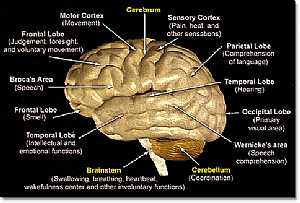 Brain anatomy
Brain anatomy
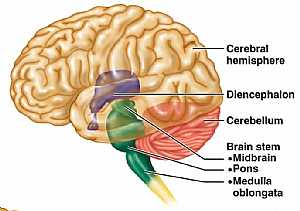 Brain anatomy
Brain anatomy
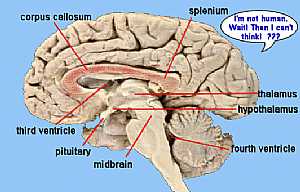 Brain anatomy
Brain anatomy
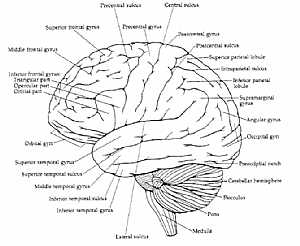 Brain anatomy
Brain anatomy
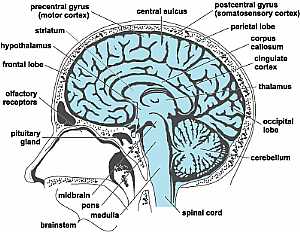 Head anatomy
Head anatomy
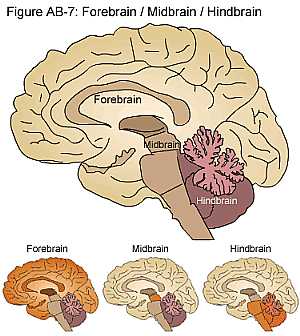 Brain anatomy
Brain anatomy
© Copyright 2001-2022 eDoctorOnline.com

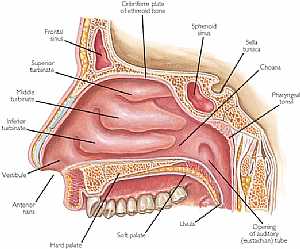 Nose anatomy
Nose anatomy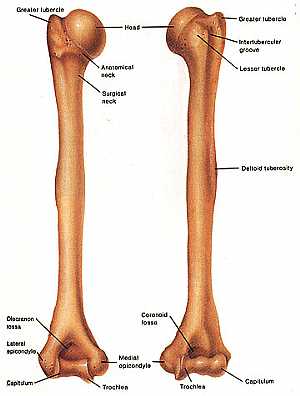 Humerus bone
Humerus bone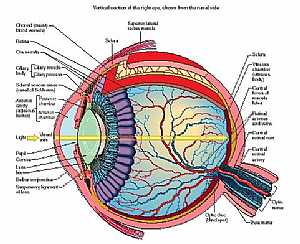 Eye anatomy
Eye anatomy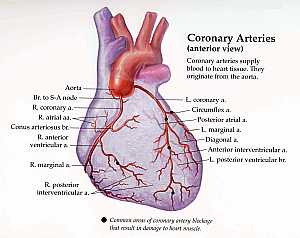 Coronary arteries anatomy
Coronary arteries anatomy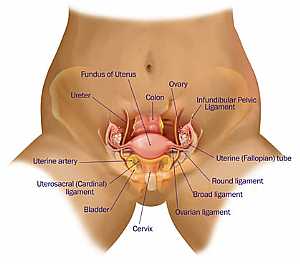 Female pelvic anatomy
Female pelvic anatomy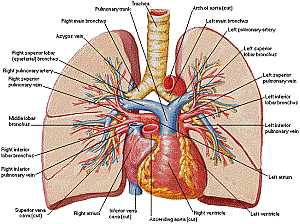 Heart and lung anatomy
Heart and lung anatomy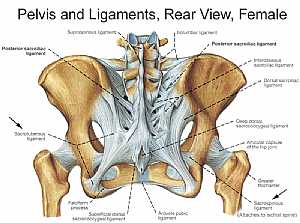 Bones and ligaments of the FEMALE Pelvis
Bones and ligaments of the FEMALE Pelvis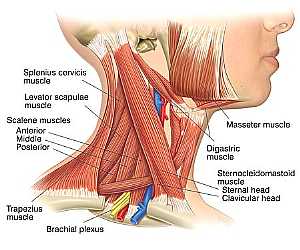 Neck Anatomy
Neck Anatomy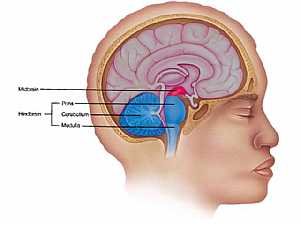 MidBrain anatomy
MidBrain anatomy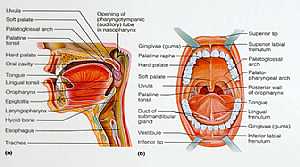 Oral Cavity
Oral Cavity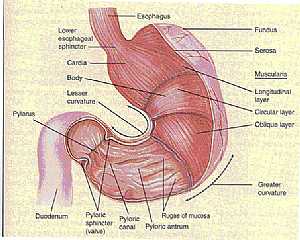 Stomach anatomy
Stomach anatomy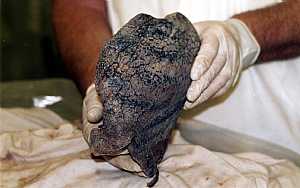 Lung anatomy
Lung anatomy Basal Cell Carcinoma ("Rodent Ulcer" Type)
Basal Cell Carcinoma ("Rodent Ulcer" Type) Basal Cell Carcinoma (Histology-Morpheaform Type)
Basal Cell Carcinoma (Histology-Morpheaform Type) Basal Cell Carcinoma (Histology-Nodular Type - High power)
Basal Cell Carcinoma (Histology-Nodular Type - High power) Basal Cell Carcinoma (Histology-Nodular Type- High power)
Basal Cell Carcinoma (Histology-Nodular Type- High power) Skin
Skin Nervous System -- Basic
Nervous System -- Basic Brain anatomy
Brain anatomy Brain anatomy
Brain anatomy Brain anatomy
Brain anatomy Brain anatomy
Brain anatomy Head anatomy
Head anatomy Brain anatomy
Brain anatomy
Be the first one to comment on this article!